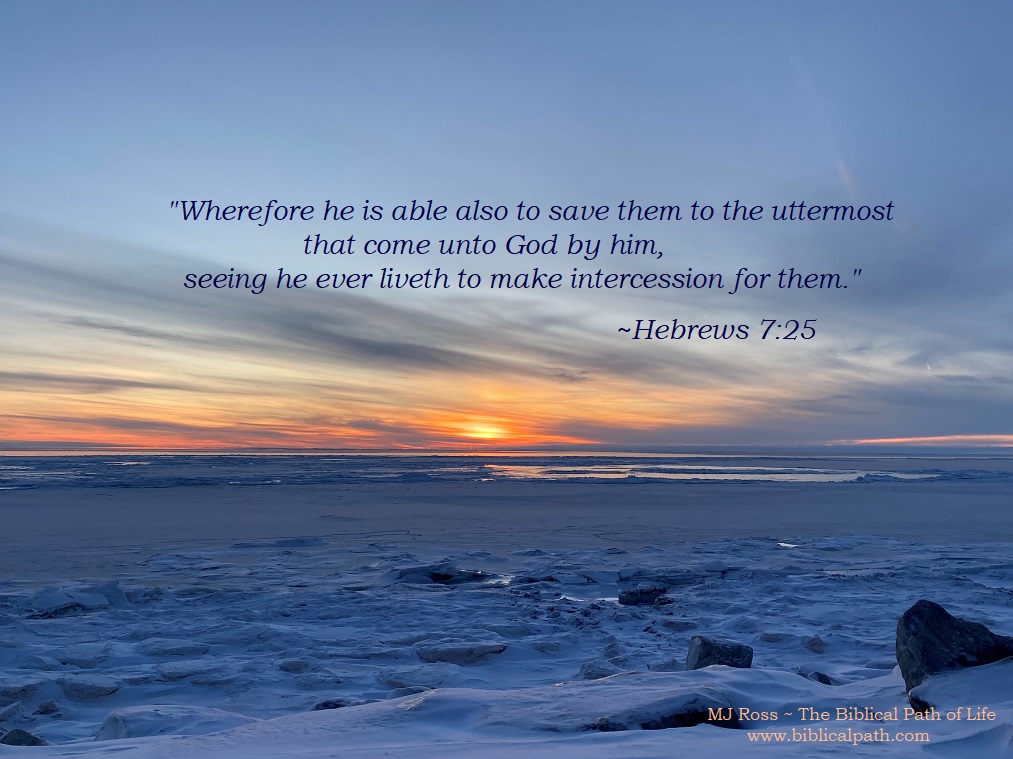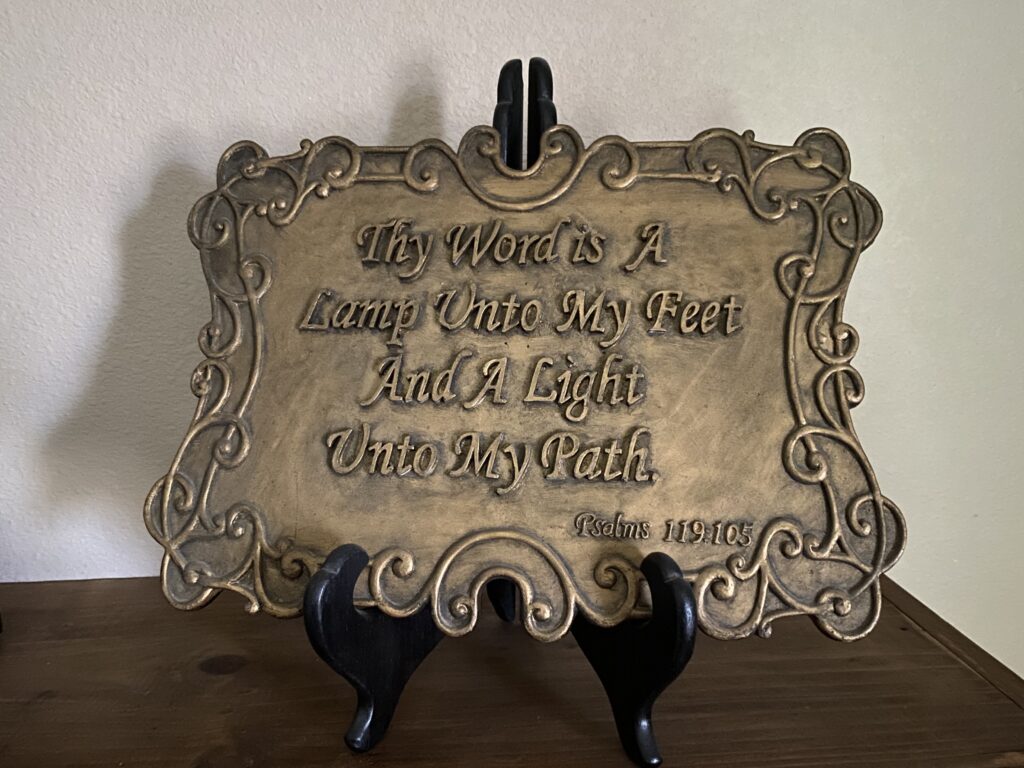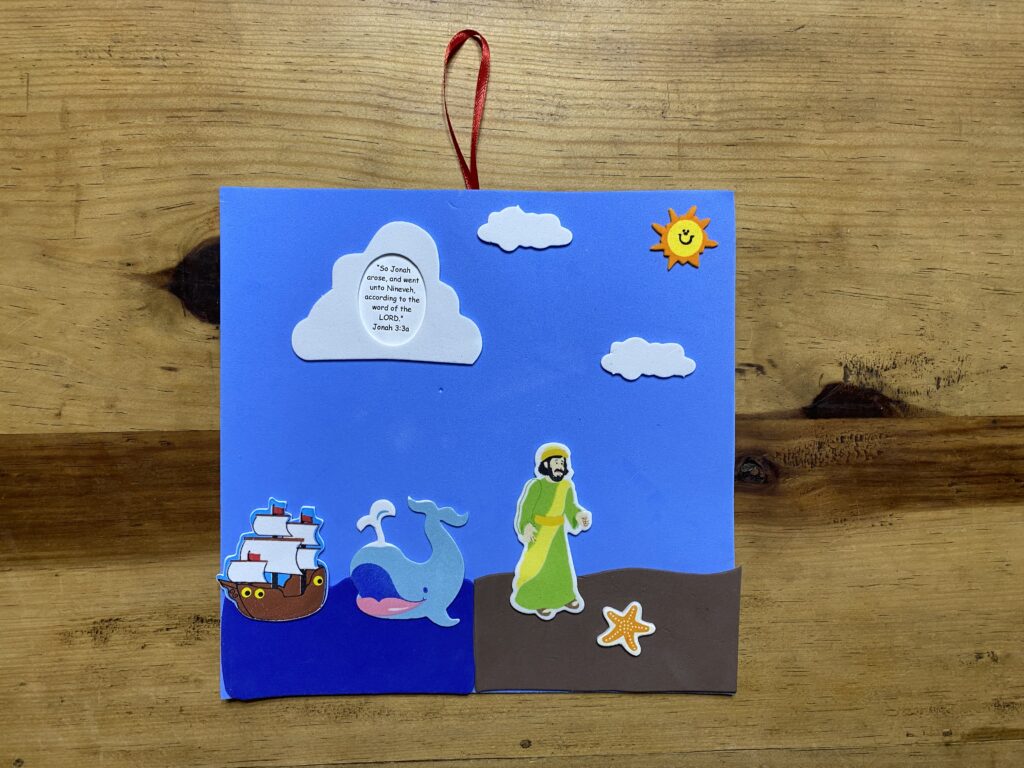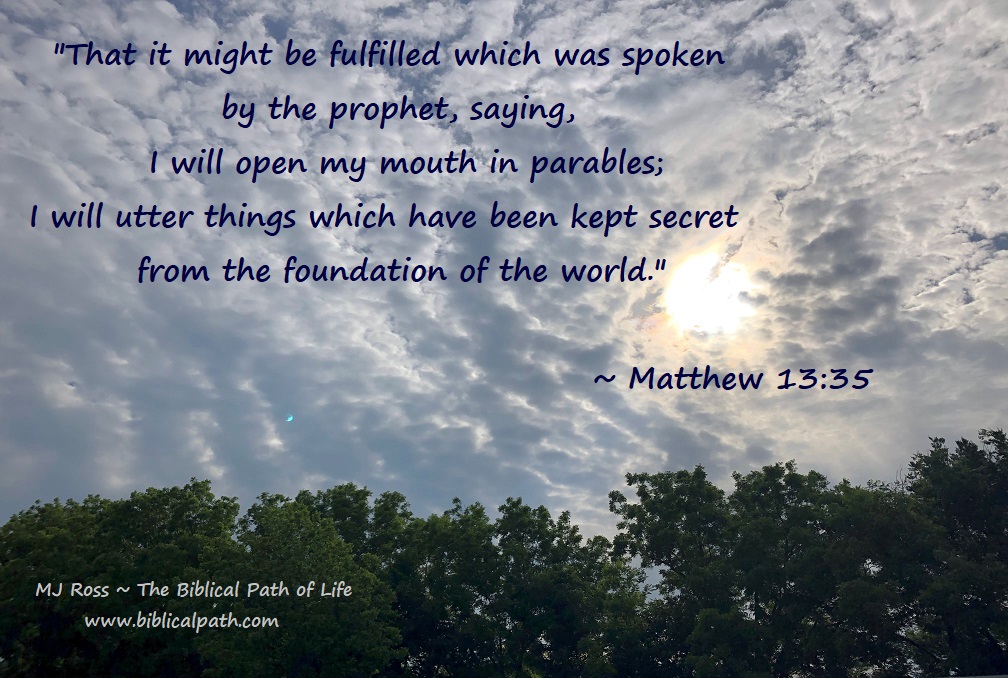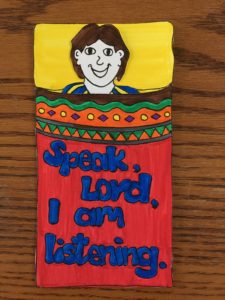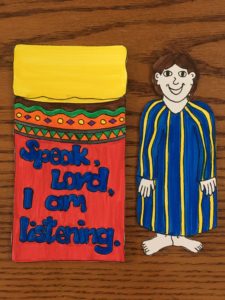
“For it is God which worketh in you both to will and to do of his good pleasure”
Philippians 2:13
Jeremiah was of the lineage of the priests, yet God ordained Jeremiah as a prophet before he was even born. Jeremiah spoke during the days of the last five kings of Judah. While Josiah was king, he began eliminating idolatry and cleaning out the Temple. While repairing the Temple, a copy of the Law was found. King Josiah read the law, leading Judah to one final time of repentance and reformation. King Josiah was the last good king.
There were many good things happening in the land of Judah when God called Jeremiah. However, the days were not always good. The final four kings of Judah were terrible men! They led the people away from God and into idolatry. Jeremiah spoke during these years as well. Jeremiah preached until they were carried away captive during the reign of King Zedekiah. This tells us that God called Jeremiah during the final years of Judah’s existence. He prophesied for the final forty years of their time in the land of promise before Jerusalem was destroyed and the Temple burned.
However, there is something especially unusual that we read at the beginning of the book of Jeremiah. “Before I formed thee in the belly I knew thee; and before thou camest forth out of the womb I sanctified thee, and I ordained thee a prophet unto the nations” (Jeremiah 1:5). God called Jeremiah to be His prophet before God even formed him in the womb, and God had already sanctified him. Sanctified means “to pronounce clean; consecrated (set apart) to God.” The word ordained means “putting forth a voice.” God had set Jeremiah apart to serve Him by speaking God’s Words to the nations (including us today).
However, like most people, Jeremiah’s initial response was, “Then said I, Ah, Lord GOD! behold, I cannot speak: for I am a child” (Jeremiah 1:6). Most people feel quite inadequate when God calls upon them to do something for Him – but keep in mind that God also knew you before you were formed in the womb (see Psalm 139:13-16 for an understanding of this). Moreover, if God did not know you could do it, He would not have asked. (“For it is God which worketh in you both to will and to do of his good pleasure” Philippians 2:13.)
God responded to Jeremiah much as He would probably respond to any who think they cannot do what God called them to do. (Think back to Moses for a minute; remember, he too, did not think he could do what God asked. Nevertheless, review God’s response in Exodus 4:10-12.) Read what God said to Jeremiah. “7. But the LORD said unto me, Say not, I am a child: for thou shalt go to all that I shall send thee, and whatsoever I command thee thou shalt speak. 8. Be not afraid of their faces: for I am with thee to deliver thee, saith the LORD. 9. Then the LORD put forth his hand, and touched my mouth. And the LORD said unto me, Behold, I have put my words in thy mouth” (Jeremiah 1:7-9). God called, prepared, sent, and promised to be with Jeremiah. God encouraged Jeremiah just as he had encouraged many before him.
The messages God gave Jeremiah to speak were often difficult for him to deliver, but we can read from God’s Word that Jeremiah was always faithful. He delivered messages calling Judah to repent and return to God. He was not even afraid to speak the words of God to the kings of the land. Jeremiah prophesied for over forty years.
We are to remember what the Bible teaches. God never gives us anything to do that He will not help us complete, if we will only trust Him (just like Jeremiah and many other people in the Bible).
- Read how Moses encouraged Joshua who was to lead: “Be strong and of a good courage, fear not, nor be afraid of them: for the LORD thy God, he it is that doth go with thee; he will not fail thee, nor forsake thee” (Deuteronomy 31:6).
- Remember that God encouraged Joshua. “There shall not any man be able to stand before thee all the days of thy life: as I was with Moses, so I will be with thee: I will not fail thee, nor forsake thee” (Joshua 1:5).
- Paul encouraged Timothy, a young preacher in the New Testament. “Let no man despise thy youth; but be thou an example of the believers, in word, in conversation, in charity, in spirit, in faith, in purity” (1 Timothy 4:12).
- Even today, we are encouraged. “So that we may boldly say, The Lord is my helper, and I will not fear what man shall do unto me” (Hebrews 13:6).
God is not limited. If God calls someone, no matter their age, God can use them. “For we are his workmanship, created in Christ Jesus unto good works, which God hath before ordained that we should walk in them” (Ephesians 2:10). We are to recognize the call God has upon our lives and remain faithful to Him and the commands He gives us through His Word, the Bible. God will probably never give us a task as difficult as Jeremiah’s, yet we are still to be faithful. Be encouraged to make it your goal to allow God to work in you and do of His good pleasure.
Have you recognized the plan God has for your life, and are you allowing God to work in you?

